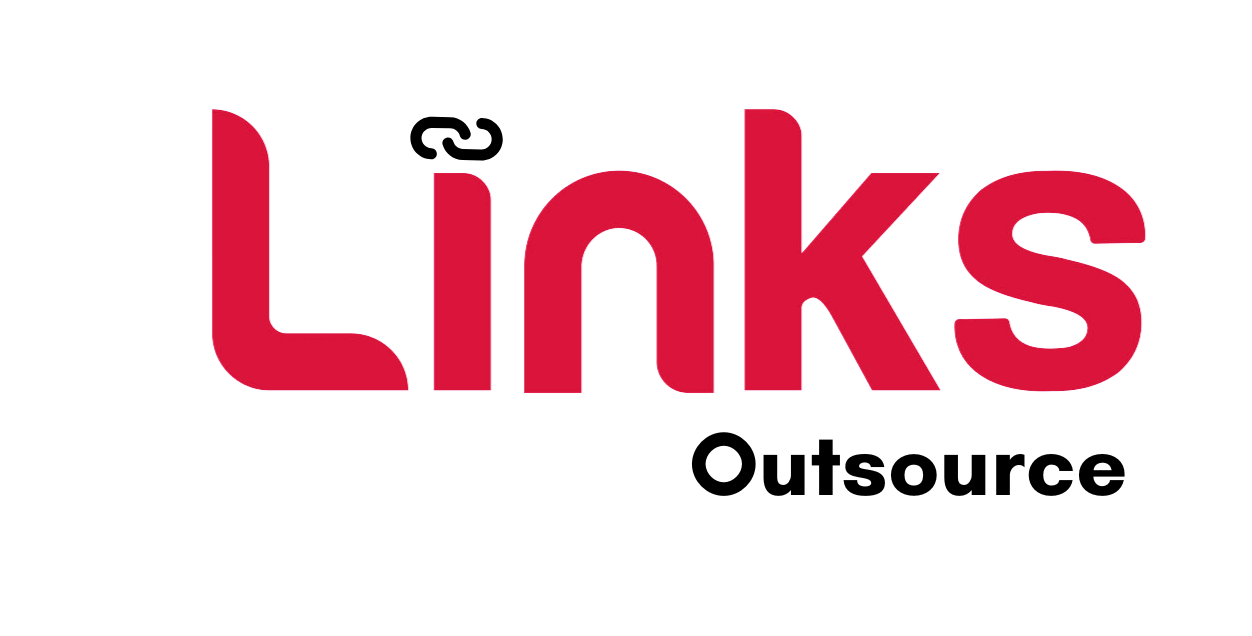The UAE has issued a clear and powerful message to private sector employers: Emiratization quotas are not optional and certainly not for manipulation. In a high-impact enforcement campaign UAE Crackdown on Bogus Emiratization, the Ministry of Human Resources and Emiratisation (MoHRE) discovered that 565 companies had collectively created 824 fake Emirati jobs, attempting to appear compliant without offering genuine employment opportunities.
This crackdown marks one of the strongest actions yet under the country’s national Emiratization strategy and serves as a wake-up call for all businesses operating in the UAE.
UAE Crackdown on Bogus Emiratization, What Happened?
Between mid-2022 and early 2024, MoHRE conducted digital audits, cross-checked workforce data, and performed on-ground inspections. The result: hundreds of businesses were exposed for fraudulently listing Emiratis as employees—while in reality, these individuals held no active role, no assigned duties, and no day-to-day involvement in the company.
These false hires were made primarily to:
- Avoid penalties tied to non-compliance
- Gain access to Nafis salary subsidies and training incentives
- Artificially inflate Emiratization figures during audits
The Consequences Were Immediate
MoHRE did not hold back. Offending companies faced:
- Hefty fines ranging from AED 20,000 to AED 100,000 per violation
- Immediate suspension of Nafis-related financial support
- Reclassification in the MoHRE system, which increases operational costs and delays licensing procedures
- Suspension from future government projects and employment-related services
These penalties go beyond financial loss they directly disrupt business operations and long-term credibility in the market.
Why Emiratization Is Not Just a Number
The Emiratization program was launched to ensure meaningful employment opportunities for UAE nationals in the private sector. The vision is long-term, aiming to diversify the national workforce and reduce dependence on expatriate labor.
For mainland companies with 50 or more employees, the law mandates:
- A 1% increase in Emirati hires every 6 months
- A 10% Emirati workforce target by the end of 2026
- Monthly fines of AED 8,000 per unfilled position, increasing annually
Creating fake jobs undermines this mission and now, more than ever, comes with legal and reputational risk.
What Can Businesses Learn From This?
1. Genuine Roles Only
Every Emirati employee must have a valid contract, real responsibilities, and documented proof of employment—such as attendance logs and payroll history.
2. Proper Use of Nafis
Nafis incentives—like salary support and upskilling funds—are designed to build careers, not to manipulate quotas. Misuse can lead to blacklisting.
3. Stay Ahead of Inspections
MoHRE is deploying AI, payroll audits, and visa tracking to identify violations. Don’t wait for a notice—conduct internal checks regularly.
4. Avoid “Token Hires”
Simply giving an Emirati employee a title without involving them in meaningful work will be flagged. Ensure job roles are productive, supervised, and performance-based.
Smart Compliance Strategies
| Action Point | What to Do |
|---|---|
| Recruit Authentically | Assign Emiratis to real roles with defined job descriptions |
| Document Everything | Keep employment contracts, attendance logs, and performance reviews updated |
| Audit Nafis Usage | Match every subsidy to a real hire with proper documentation |
| Seek Expert Guidance | Work with Emiratization compliance consultants or legal advisors |
The Opportunity in Doing It Right
Complying with Emiratization isn’t just about avoiding fines it opens doors. Businesses that embrace the policy will benefit from:
- Access to public tenders and government contracts
- Enhanced reputation as a nationally aligned employer
- Support from Nafis, including salary reimbursements and training incentives
- Building a loyal and skilled local talent pipeline
Final Word: Don’t Be Next
The exposure of 565 companies and 824 fake roles proves that the UAE is actively monitoring and taking strict action against non-compliance. Companies that engage in superficial hiring practices not only risk fines but also damage their long-term business potential.
To future-proof your business in the UAE, treat Emiratization as a strategic initiative, not just a regulatory obligation.


